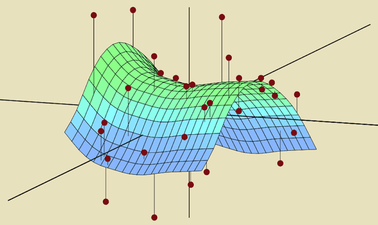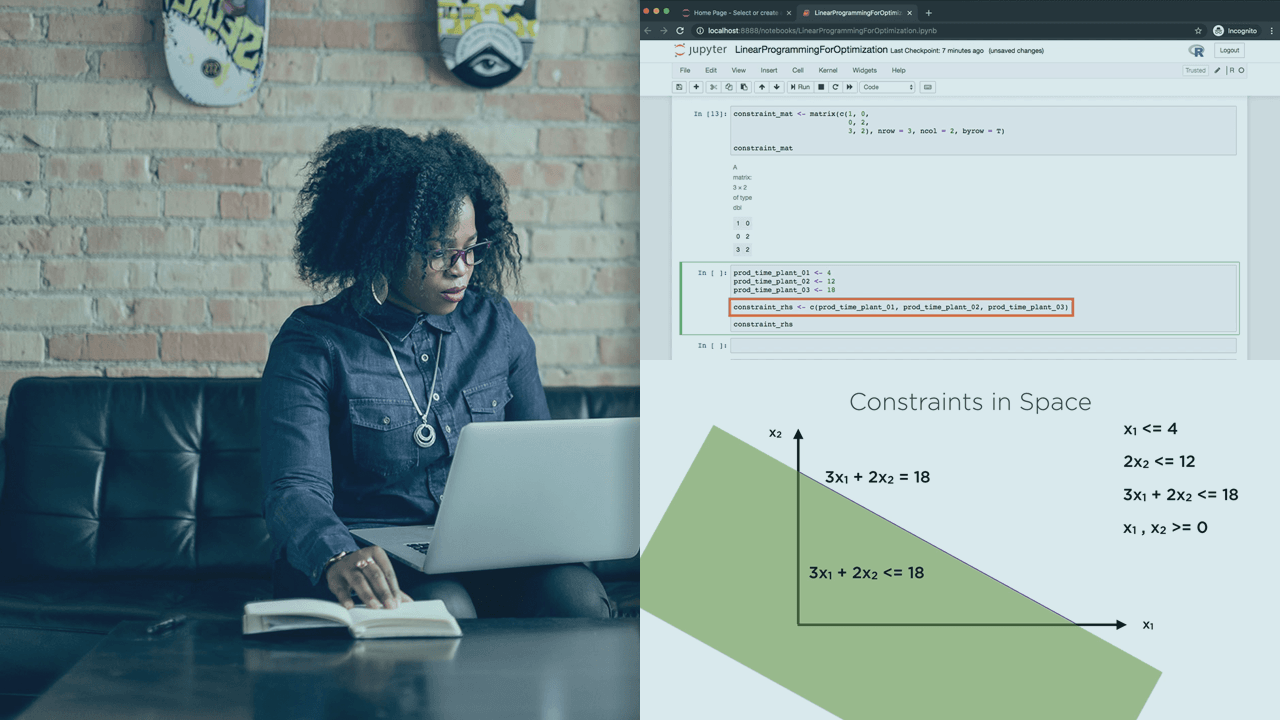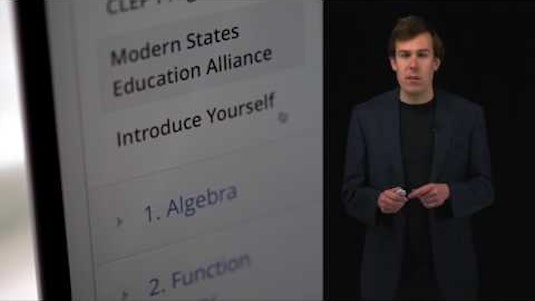
Description
The course is developed to enable the undergraduate students to get a comprehensive understanding of the logic and sets. This course provides an introduction to the basic concepts and results of mathematical logic and set theory. The course introduces some basic notions that will be needed as background for most of the mathematics and computer science courses. Also, the course will familiarize students with abstract mathematical thinking. We will present and explain how different mathematical theories can be modelled inside the set theoretic universe. The primary Learning Outcome for this course is Mathematical Reasoning, which is to understand and apply mathematical concepts and reasoning, and analyze and interpret various types of data. The Learning Outcome will be assessed through targeted questions on either the comprehensive final or an outside assignment. In an increasingly complex world, mathematical thinking, understanding, and skill are more important than ever. Students wishing to major in the sciences or engineering are required to understand logic and sets. It provides a solid foundation for further study in mathematics, the sciences, and engineering.
Tags
Syllabus
1 Day 1 Module 1 : Introduction to Logic and Logical Propositions. Day 2 Module 2 : Truth Table, Negation, Conjunction and Disjunction. Day 3 Module 3 : Implications, Biconditional Propositions and Converse and Contra Positive Propositions Day 4 Day 5
2 Day 1 Module 4 : Inverse Propositions and Precedence of Logical Operators , Logical Equivalences Day 2 Module 5 : Predicates and Quantifiers: Quantifiers, Binding Variables and Negations
Day 3 Module 6 : Introduction to Sets and Subsets
Day 4 Day 5
3 Day 1 Module 7 : Set Operations and The Laws of Set Theory Day 2 Module 8 : Venn Diagrams Day 3 Module 9 : Examples of Finite and Infinite Sets
Day 4 Day 5
4 Day 1 Module 10 : Finite Sets and Counting Principle Day 2 Module 11 : Empty Set, Properties of Empty Set Day 3 Module 12 : Standard Set Operations Day 4 Day 5
5 Day 1 Module 13 : Classes of Sets Day 2 Module 14 : Power Set of a Set. Day 3 Module 15 : Difference and Symmetric Difference of Two Sets Day 4 Day 5
6 Day 1 Module 16 : Set Identities Day 2 Module 17 : Generalized Union and Intersections. Day 3 Module 18 : Relation on Sets, Product Set Composition of Relations , Types of Relations Day 4 Day 5
7 Day 1 Module 19 : Partitions of a Set Day 2 Module 20 : Equivalence Relations 1 Day 3 Module 21 : Equivalence Relations 2 Day 4 Day 5
8 Day 1 Module 22 : Partial Ordering Relations and n –ary Relations Day 2 Module 23: Day 3 Module 24 : Day 4 Day 5

-
TypeOnline Courses
-
ProviderSwayam
1 Day 1 Module 1 : Introduction to Logic and Logical Propositions. Day 2 Module 2 : Truth Table, Negation, Conjunction and Disjunction. Day 3 Module 3 : Implications, Biconditional Propositions and Converse and Contra Positive Propositions Day 4 Day 5
2 Day 1 Module 4 : Inverse Propositions and Precedence of Logical Operators , Logical Equivalences Day 2 Module 5 : Predicates and Quantifiers: Quantifiers, Binding Variables and Negations
Day 3 Module 6 : Introduction to Sets and Subsets
Day 4 Day 5
3 Day 1 Module 7 : Set Operations and The Laws of Set Theory Day 2 Module 8 : Venn Diagrams Day 3 Module 9 : Examples of Finite and Infinite Sets
Day 4 Day 5
4 Day 1 Module 10 : Finite Sets and Counting Principle Day 2 Module 11 : Empty Set, Properties of Empty Set Day 3 Module 12 : Standard Set Operations Day 4 Day 5
5 Day 1 Module 13 : Classes of Sets Day 2 Module 14 : Power Set of a Set. Day 3 Module 15 : Difference and Symmetric Difference of Two Sets Day 4 Day 5
6 Day 1 Module 16 : Set Identities Day 2 Module 17 : Generalized Union and Intersections. Day 3 Module 18 : Relation on Sets, Product Set Composition of Relations , Types of Relations Day 4 Day 5
7 Day 1 Module 19 : Partitions of a Set Day 2 Module 20 : Equivalence Relations 1 Day 3 Module 21 : Equivalence Relations 2 Day 4 Day 5
8 Day 1 Module 22 : Partial Ordering Relations and n –ary Relations Day 2 Module 23: Day 3 Module 24 : Day 4 Day 5
Tags
Related Courses


Statistical Shape Modelling: Computing the Human Anatomy

Estadística descriptiva

Practical Approaching to Computational Algebra

Bayesian Networks 2 - Forward-Backward - Stanford CS221: AI

Statistical Learning with R

Algèbre linéaire de première année d’enseignement supérieur

Geometry II

Solving Problems with Numerical Methods

Smarter Balanced Assessments - Math Grade 6: Test Prep & Practice

Precalculus


 Online Courses
Online Courses  Swayam
Swayam
